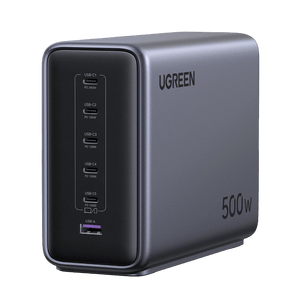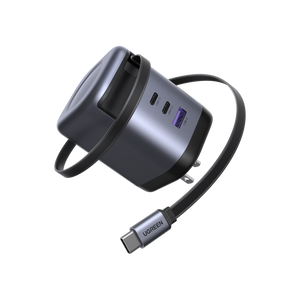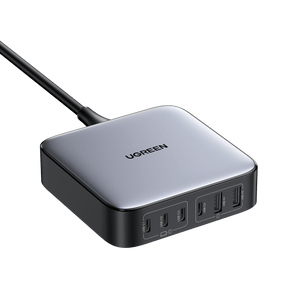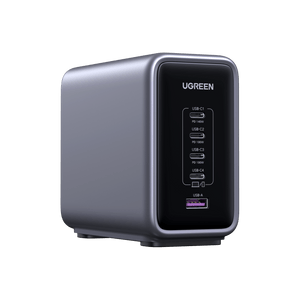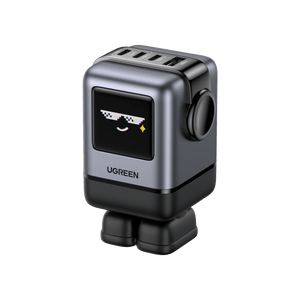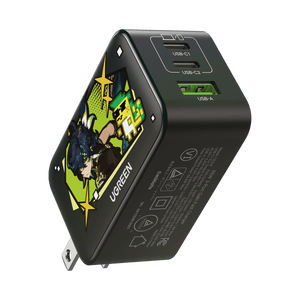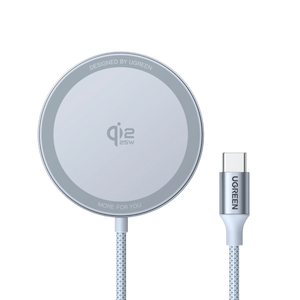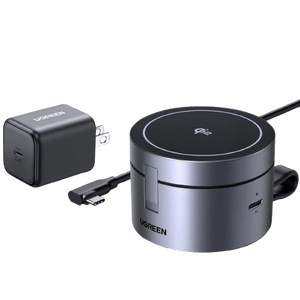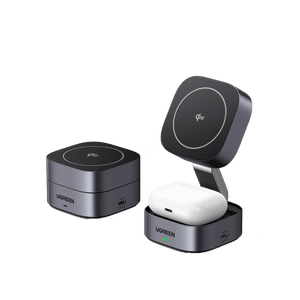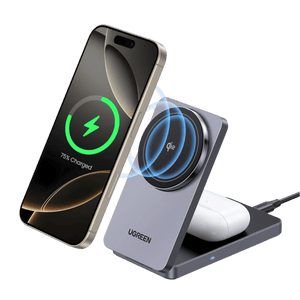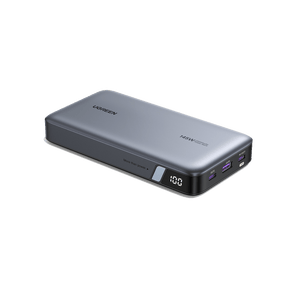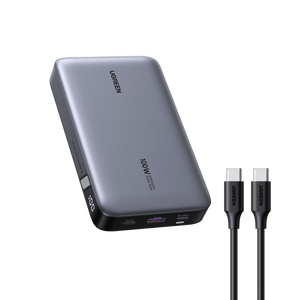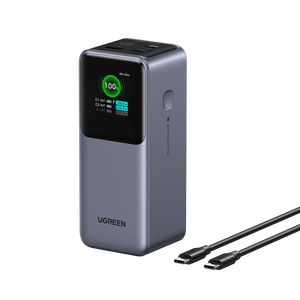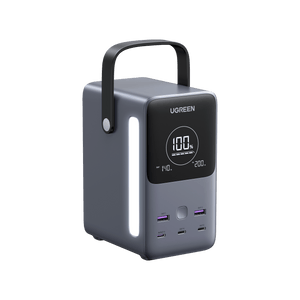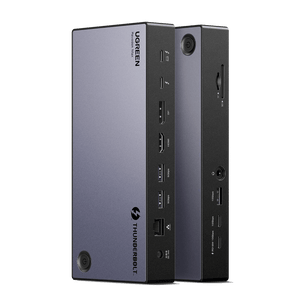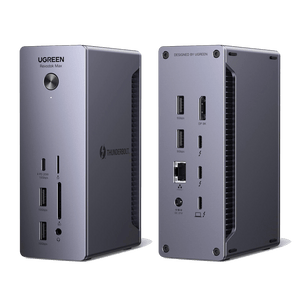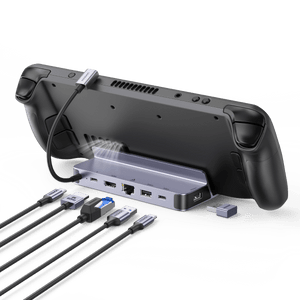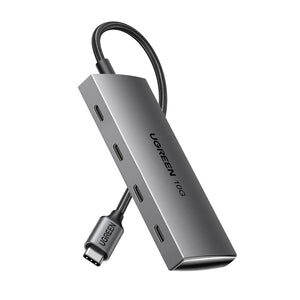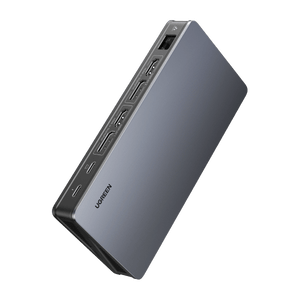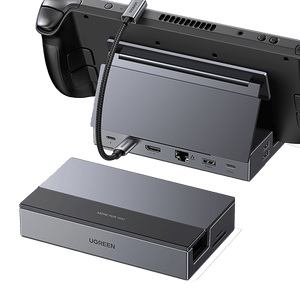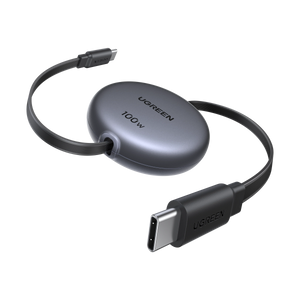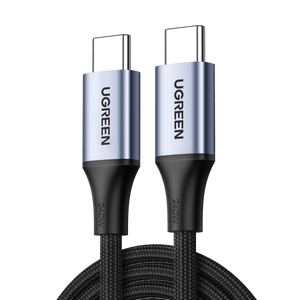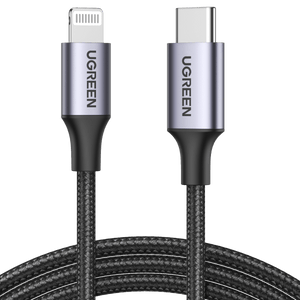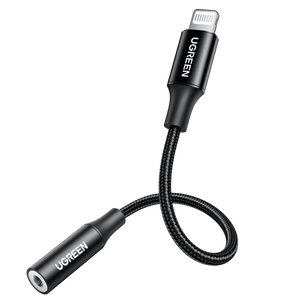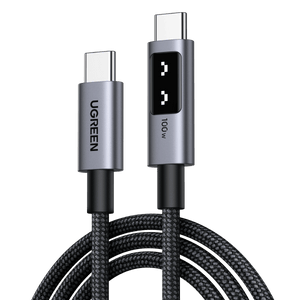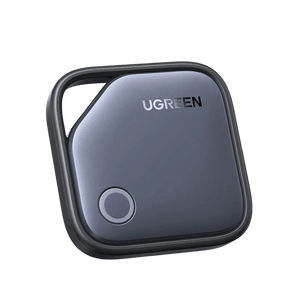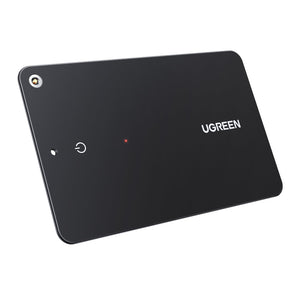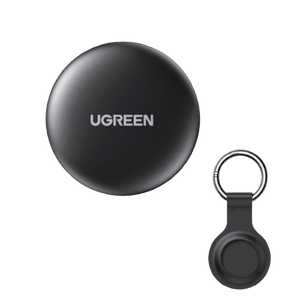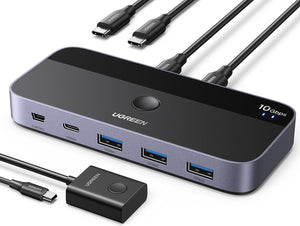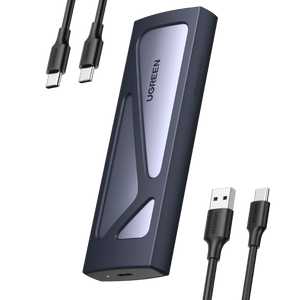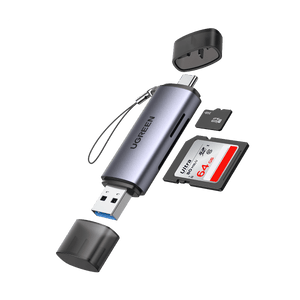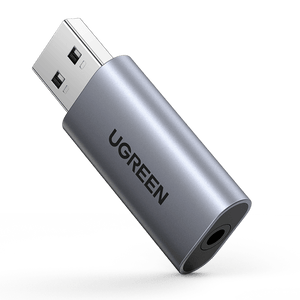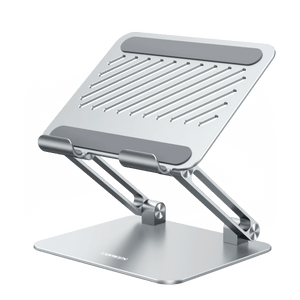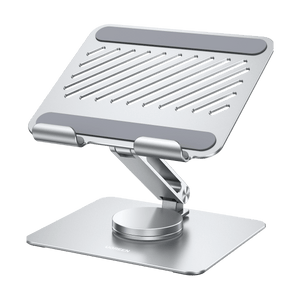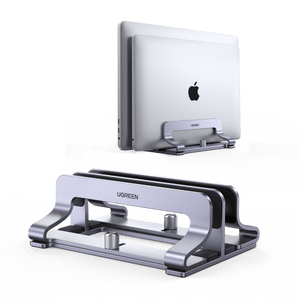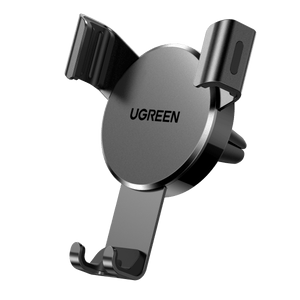Off-Grid Living 101: Everything You Need to Know | Ultimate Guide 2023
We all know that lifestyle is becoming more modern nowadays. Some people still want to live away from the modern technology. This is called off-grid living. Here you are opting for more environmentally friendly living. When going off-grid, there are two different types, one being completely off-grid and the other being partially off-grid.
There are a lot of excellent benefits of off-grid living because it promotes healthier life, you will be able to save a lot of money because of the utility bills, and you also have a self-sustaining lifestyle. If you want to know more about off-grid living, this article has all the information you need.

Key Takeaways
-
Off-grid living fosters independence and sustainability, allowing individuals to live without public utilities, reducing carbon footprints with solar or wind energy.
-
Significant cost savings with trade-offs, eliminating utility bills but requiring substantial initial investments in land, energy, and water systems.
-
Enhanced self-sufficiency through resource management, involving skills like organic gardening, water harvesting, and energy generation for a resilient lifestyle.
-
Peaceful connection to nature with challenges, offering tranquility in remote areas but demanding adaptation to limited modern amenities and connectivity.
-
Key components shape the experience, relying on solar power, water filtration, food production, and waste composting for a fully functional off-grid setup.
What Is Off-Grid Living
Now you might be thinking about what is off-grid living. The word "grid" means the usage or presence of electricity and utility resources. "Off-grid" means living a life where there is no presence of electricity and other utilities. This type of living has no modern conveniences: no electricity, gases, water, telephone, or even internet.
The primary aim of off-grid living is to reduce or eliminate reliance on traditional public utilities such as electricity, water, and sewage systems. In this type of living, people start growing their food resources and find ways to provide for their resources.

Pros and Cons of Off-Grid Living
Now that you know what is off-grid living, let's look at some of the pros and cons of this type of living.
Pros of Off-Grid Living
Independence: Off-grid life enables people to live independently and not rely on government services or utilities.
Sustainability: Off-grid dwellers lessen their carbon footprint and help create a more sustainable world by producing their own power using solar or wind turbines.
Cost savings: Living off the grid eliminates or greatly lowers utility expenditures.
Peace and seclusion: Off-grid life offers the chance to live in isolated regions, far from the commotion and stress of urban settings, offering peace and tranquillity.
Connection with nature: Living off the grid enables people to be more in tune with nature and to take in the beauty of their surroundings.
Improved self-sufficiency abilities: People who live off the grid must learn how to manage renewable energy sources, conserve water, and grow. This increases their resilience and self-sufficiency.
Cons of Off-Grid Living
Initial cost: A considerable upfront investment in renewable energy systems, water management, and other infrastructure may be necessary to set up an off-grid system.
Limited resources: Depending on the region, off-grid living may restrict access to some resources, like nearby fresh water sources or medical facilities.
Dependence on weather: Weather conditions may have an effect on the energy supply by affecting the efficiency of energy generation by solar or wind turbines.
Greater maintenance requirements: Off-grid living frequently necessitates people to take on more maintenance work for waste management, water collection, and electricity systems.
Limited connectivity: Access to the internet and other contemporary conveniences may be very limited or nonexistent in isolated off-grid settings.
Limited access to conveniences: Living off the grid puts you further from services like food stores, amusement parks, and medical facilities, which may require more preparation and work to access.

How Much Does Off-Grid Living Cost
Depending on the location, size, desired level of self-sufficiency, required resources, and infrastructure, the cost of off-grid living can vary significantly. The following are some typical costs of off-grid living:
Land
Depending on the location, accessibility, and size of the property, the cost of buying land will vary significantly.
Infrastructure
The cost to build or construct infrastructure, such as a well to supply water, a septic system or composting toilet, solar panels or wind turbines to generate electricity, and backup power systems, can run from a few thousand dollars to tens of thousands of dollars.
Energy Systems
The entire cost of off-grid living can vary significantly depending on the price of solar panels, wind turbines, batteries, charge controllers, and other energy-related equipment. Depending on the desired level of energy independence, this cost can range from a few thousand to tens of thousands of dollars.
Water Systems
Installing a well, a rainwater harvesting system, or other water collection and purification techniques may be necessary for off-grid living, depending on the location and accessibility of water sources. These systems can cost anywhere from a few hundred dollars and several thousand.
Depending on the level of self-sufficiency needed and the unique needs of the land, the overall cost of off-grid living can range from tens of thousands of dollars to several hundred thousand dollars. To guarantee a smooth transition to off-grid living, it is always advisable to thoroughly prepare and budget for all necessary costs.
Key Components of Off-Grid Living
If you are thinking of off-grid living, then there are different key components that you should know about. So, let's have a quick look at these components.
1. Energy Generation
Energy generation is one of the crucial parts when it comes to off-grid living. There are different ways through which you can produce energy. Some of the main ways are mentioned below.
Solar Power
When it comes to off-grid living, most people prefer solar power energy generation because this is the most effective among all the other methods. These panels use the sunlight and convert it into energy that can be used to run the house. These solar panels require significantly less maintenance and even cost you very less.
If you are trying to find a brand that is very good with solar panels and has good-quality solar power stations, then Ugreen Solar Panel can be your best bet.
They have diverse variety of conversion efficient solar panels. Besides being water-resistant and ultra-durable, these panels are also easily portable. Meaning, you can get power wherever you go.

Wind Power
In this case, wind turbines are used to create the power. This option can only be used if you live in an area with high wind speed, so the wind turbines can work properly, and you will be able to create energy. You can use different power wind turbines according to your needs.
Hydro Power
Hydropower is the energy that is produced by running water. This system is rarely used because there are very few areas where you can set up this entire system. You need strong water pressure to activate and use this system for all your appliances.
Biomass or Biogas
Biomass ad biogas are also called biofuels that are burnt to produce energy, such as fire or heat. This type of energy production is not very convenient and is only used sometimes when people live off the grid.
2. Water Management
Water management is very crucial when living off the grid because you need it for daily activities.
Rainwater Harvesting
When talking about water management, rainwater is also essential. You can store rainwater through different means and then use it in emergencies.
Wells and Springs
Drilling wells and springs is another form of water management when starting off-grid living. However, you must select the right location to ensure that you can drill the well and have the proper water supply.
Water Filtration and Purification
Water filtration and purification systems should also be present. You don't want to drink infiltered and diseased water, as it can have a harmful effect on your health. Therefore, put in the proper system to ensure your health is not compromised.
3. Food Production
We all know that a person cannot survive without food. Therefore, when starting your off-grid living, you must have a proper system to get food. The following are the three things that you should take care of.
Organic Gardening
Organic gardening is one of the best things you can do for food production. Growing fruits and vegetables offer healthy food source without chemicals or additives.
Permaculture
This is a concept focuses on growing agricultural ecosystems in a sustainable way. This is an environmentally friendly option through which you don't produce waste and harm the earth.
Livestock and Poultry
Having your livestock and poultry can also be beneficial. You can easily have all the dairy and meat products through the animals; in the long term, it will save you a lot of money.
4. Waste Management and Composting
Waste management and composting are critical when living off the grid. Here are some important considerations, in this regard:
Composting Toilets
You must ensure there is a proper system for composting toilets. The sewage system that is present in the cities is not available here. Therefore, you need to establish a system through which you can discard toilet waste.
Recycling and Reusing Materials
Recycling the waste material is essential when you are doing off-grid living. Through this, you can save money, which will also help you save the resources as much as possible.
Responsible Disposal Methods
You must dispose of the waste; otherwise, it can have a negative impact on your health. Now disposal should also be done correctly so that the environment is not affected and the methods follow the laws.

Challenges and Considerations of Off-Grid Living
Living off the grid might seem simple. However, this is not the case. There are so many challenges that a person can face when they decide off-grid living. Following are some significant challenges you should know about:
1. Initial Investment and Cost Considerations
Investment is one of the biggest challenges when browsing for how to start off-grid living.
Assessing Budget and Financial Planning
The first thing that you need to do is make the budget and do all the financial planning. This is very important before making a decision and jumping into it. You need a lot of money before starting your entire life.
Exploring Funding Options and Incentives
You need to find different funding options and incentives through which you can make this entire thing happen, supporting the start your off-grid life.
2. Technical Knowledge and Skill Requirements
Learning about Renewable Energy Systems
This is crucial for reducing dependence on important fuels. By learning about renewable resources, you can develop energy sources with minimal greenhouse gas emission and pollution.
Understanding Water Management Techniques
Water management is more complex than it sounds. You need to know about the different techniques, such as how to drill well, get the water, and even purify it.
Developing Gardening and Farming Skills
Knowing everything about gardening and farming is also essential and can be one of the biggest challenges. Therefore, you should learn these basic skills before stepping into the off-grid life.
3. Adaptation to a Different Lifestyle
The lifestyle can be very different compared to the modern lifestyle; therefore, adapting to the new environment is another challenge a person can face.
Adjusting to Limited Modern Amenities
The most significant difference you can face when living off the grid is the modern amenities. There are so many conveniences that you cannot find when living off-grid. Hence, you need to start adjusting to your available amenities.
Embracing Changes in Daily Routine
Off-grid living demands massive changes in the daily routine. You will have to say goodbye to the active city roars, gatherings, office activities, etc.
Coping with Isolation and Limited Connectivity
Another challenge imposed by off-grid living is isolation and limited connectivity. If you are an extrovert with active social culture, sudden isolation with no more gatherings can make your adjustment to this lifestyle daunting.
What States allow off-grid living in US
There isn't a comprehensive list of states that expressly permit off-grid living because each state has different laws and standards. However, certain states are renowned for having laxer laws or distant locations that are better suited for off-grid life. These states could be:
-
Alaska: Due to its vast wilderness and remote communities, Alaska is often seen as a state that allows off-grid living.
-
Arizona: Certain rural areas in Arizona have fewer restrictions and are popular for off-grid living.
-
Colorado: Some counties in Colorado have relaxed regulations on off-grid living, particularly in areas away from cities.
-
Maine: With its expansive forests and low population density, Maine is considered favorable for off-grid living.
-
New Mexico: Some parts of New Mexico have less restrictive regulations on off-grid living, especially in rural areas.
-
Oregon: Certain regions in Oregon have more accepting regulations for off-grid living, especially in remote areas.
- Texas: Texas, being a large state with many rural areas, offers opportunities for off-grid living in certain regions.
| State | Off-Grid Rating |
| Alabama | Average |
| Alaska | Excellent |
| Arizona | Average |
| Arkansas | Excellent |
| California | Good |
| Colorado | Poor |
| Connecticut | Poor |
| Delaware | Excellent |
| Florida | Good |
| Georgia | Good |
| Hawaii | Excellent |
| Idaho | Excellent |
| Illinois | Excellent |
| Indiana | Average |
| Iowa | Excellent |
| Kansas | Average |
| Kentucky | Excellent |
| Louisiana | Good |
| Maine | Excellent |
| Maryland | Poor |
| Massachusetts | Poor |
| Michigan | Average |
| Minnesota | Excellent |
| Mississippi | Average |
| Missouri | Excellent |
| Montana | Excellent |
| Nebraska | Excellent |
| Nevada | Average |
| New Hampshire | Good |
| New Jersey | Poor |
| New Mexico | Average |
| New York | Poor |
| North Carolina | Average |
| North Dakota | Excellent |
| Ohio | Good |
| Oklahoma | Excellent |
| Oregon | Excellent |
| Pennsylvania | Poor |
| Rhode Island | Poor |
| South Carolina | Excellent |
| South Dakota | Good |
| Tennessee | Good |
| Texas | Excellent |
| Utah | Poor |
| Vermont | Excellent |
| Virginia | Average |
| Washington | Average |
| West Virginia | Excellent |
| Wisconsin | Excellent |
| Wyoming | Excellent |
It's crucial to remember that numerous zoning, health, building, and environmental restrictions must be taken into account even in these states. It is crucial to learn and abide by the particular rules of the chosen site within these states as local legislation and county-specific restrictions might also vary greatly.
Famous Off-Grid Living Communities
Mentioned below are some of the off-grid communities that you can find. Discover 10 famous off-grid living communities around the world that have embraced sustainable and self-sufficient living.
1. Kovcheg, Russia
This is a small community where people have started living off-grid life. Here they have all the resources required to live a peaceful off-grid life.
2. Lasqueti, Canada
Canada also offers living off the grid, especially Lasqueti. There are only 250 people who are living and have an excellent off-grid life.
3. Torri Superiore, Italy
This off-grid community is Italy-based with about 600 people. All the energy here is provided through the solar panels. Some private wells and fireplaces make it easy for them to live comfortably.
4. Freedom Cove, Canada
Another off-grid community in Canada is present in Freedom Cove. There are 12 homes in this community where people have a common area that includes a kitchen, dining room, and even meeting areas.
5. Breitenbush
In the US, Breitenbush is an amazing cohousing off-grid community where people about 100 people are living a happy and comfortable life.
6. Earthaven
This is an environmentally friendly, sustainable village where people follow off-grid rules and have created a self-sufficient life.
7. Twin Oaks Community
This is one of the largest and oldest off-grid communities in the US. About 85 people are living in 15 residential areas. The best thing here is that there is a proper government that takes care of the people.
8. Emerald Earth (Oregon)
An ecovillage that is present in Oregon is another thriving off-grid community that is present in the world. This community uses renewable energy, does not produce any waste, and is a perfect example of an off-grid community.
9. Dancing Rabbit Ecovillage (Missouri)
This international community is where 100 people are living, and about 200 people come to visit.
10. The Konohana Family in Japan
This is an off-grid cabin that does not have any technology, and there are no modern utilities.

Tips and Resources for Transitioning to Off-Grid Living
If you are thinking of transmitting to off-grid living, then the following are some of the tips that you can follow.
1. Conducting Proper Research and Planning
Research is significant when it comes to transmitting to living off the grid. Following are the two things that you need to search for off-grid living.
Finding Reliable Information Sources
You must find the right and reliable information sources. Through these resources, you can search for all the major information.
Assessing Climate and Terrain Factors
Climate and terrain are one of essential things that you should know before transmitting off-grid. Make sure you know everything about the location you plan to visit, as this will make it easy to shift for you.
2. Building a Supportive Network and Community
Being a part of different communities will also help you know more about these off-grid communities and networks.
Joining Off-Grid Living Communities and Forums, Recommended some forums
There are a lot of different forums and pages that you can be a part of. Through this, you will be able to learn about the benefits and challenges people face while living off the grid.
Participating in Workshops and Events
Multiple workshops and events take place all over the world. Through these, you will be able to know everything about the other things about the life of people.
3. Gradual Transitioning and Incremental Changes
Transitioning can be challenging if you go directly into off-grid living. The following are the things that can help you.
Starting with Small Eco-Friendly Modifications
You can start by living in partial off-grid communities and see whether you are comfortable. Once you begin adjusting to these communities, switch to full off-grid communities.
Learning from Trial and Error Experiences
Trails and errors are common, and learning from these experiences is natural. Hence, it is important that you experience everything as it will give you a clearer view of whether you want to live off-grid.
Conclusion
These days, more people are concerned with the importance of saving the earth, and off-grid living is one step towards it. This lifestyle comes with multiple benefits, as it is suitable for health and mental peace. Where you get to live in the lap of nature, you also experience certain hardships, developing new skills and exploring hidden talents. Hence, everyone should follow this sustainable lifestyle and promote it to make the world sustainable and eco-friendly.





![How to Living off the Grid? A Step-by-Step Guide for Beginners [2025]](http://www.ugreen.com/cdn/shop/articles/how-to-living-off-the-grid-a-step-by-step-guide-for-beginners-2023-934273_1920x.jpg?v=1743660928)
